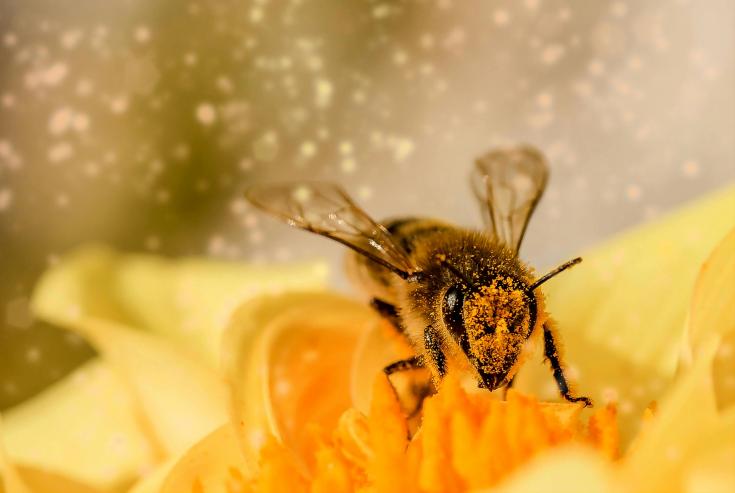Project summary
WHY POLLINATOR DECLINE IS AN ISSUE FOR EU REGIONS
According to recent research, a decline of almost 50% in pollinator populations has been observed across EU regions. Pollinators are vital to ecosystem services, supporting the provision of food, raw materials, clean water and air, climate regulation, and flood prevention. The loss of pollinators can directly endanger regional and local economies depending on pertinent value chains, considering that pollinators’ contribution to the EU economy is estimated at approximately €15 billion annually. In light of this threat, the EU needs to act to halt pollinator decline and restore pollinator habitats along with the degraded ecosystems by 2030, as stipulated by EC’s Pollinators Initiative (2018) and its revised version, the New Deal For Pollinators (2023).
PARTNERSHIP AND OBJECTIVES
POLLINATE brings together 7 partners from 6 countries (GR, NL, BE, SI, LV, ME) to jointly work on reversing the loss of pollinators through improved policy measures, harmonising at the same time their development policies with biodiversity protection to secure the sustainability of the former. The project will adopt an integrated approach focusing on the interconnected threats to pollinators, namely land-use change and habitats’ fragmentation, pollution, and climate change. To this end, it sets the following specific objectives:
1) Introduce pollinator management principles in environmental restoration and land-use planning.
2) Foster the convergence of climate change adaptation and biodiversity policies.
3) Bolster pollinator protection within agrifood, forestry, and tourism supply chains.
MAIN ACTIVITIES
- Seven interregional policy learning events (workshops & site visits), each addressing a different challenge of pollinator conservation.
- Four working and peer reviewing sessions for joint exchange, customisation, and adoption of best practices.
- Six biodiversity Living labs to foster community engagement and citizens’ initiatives.

